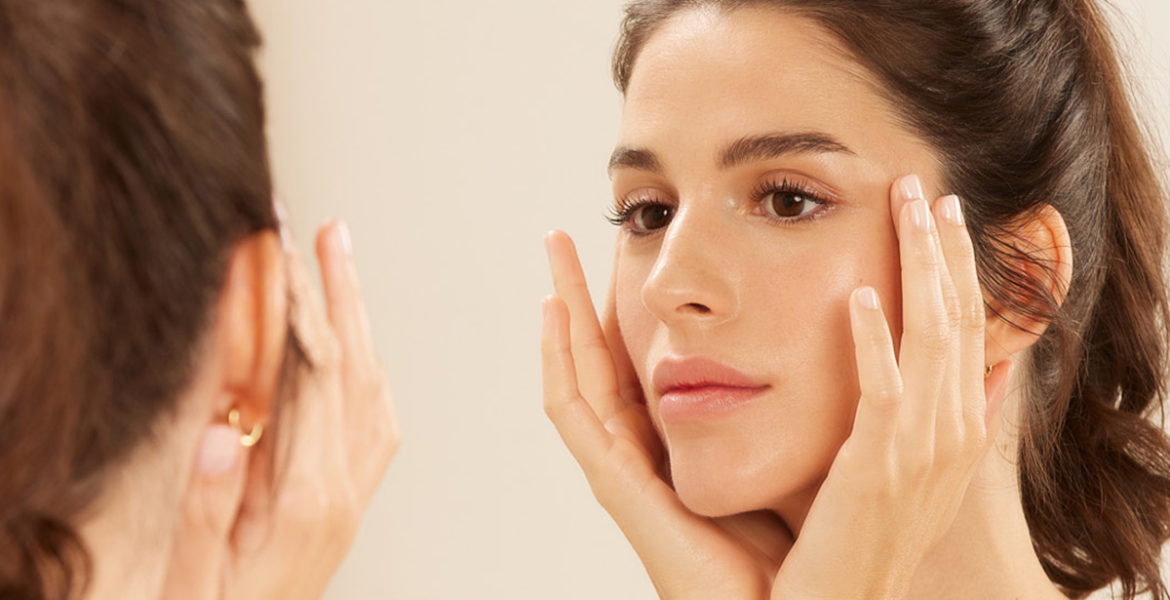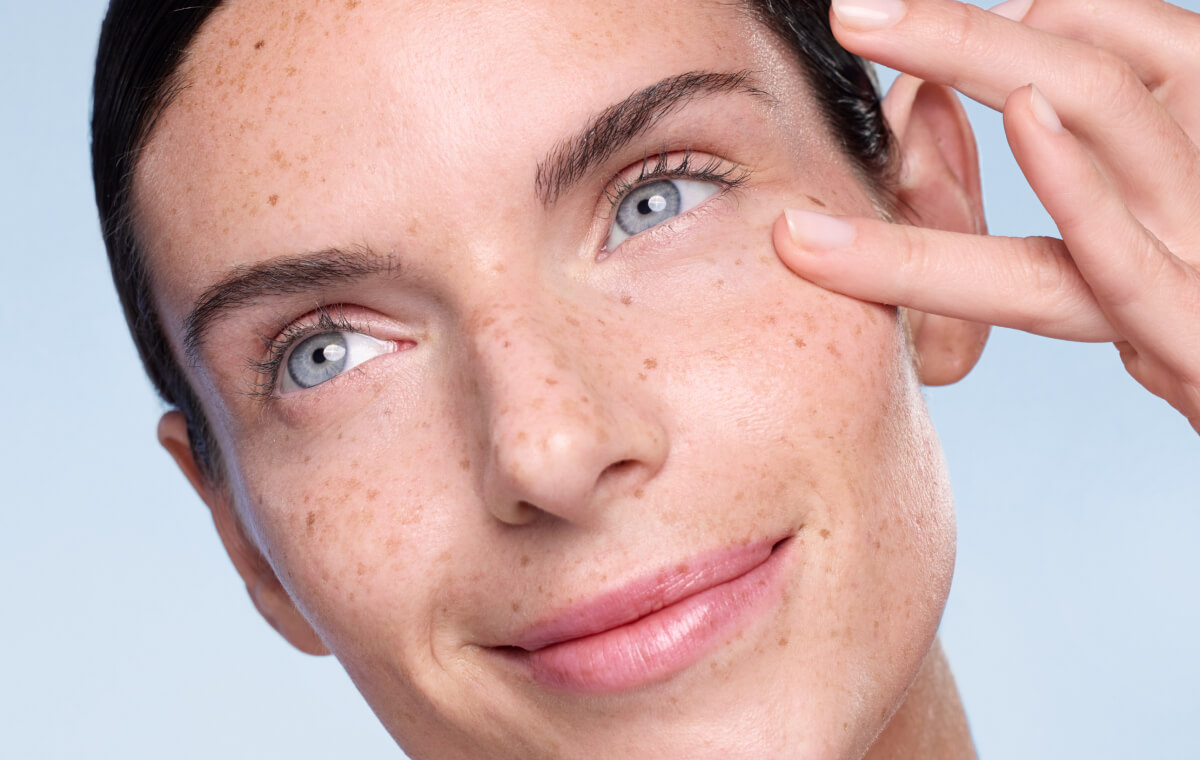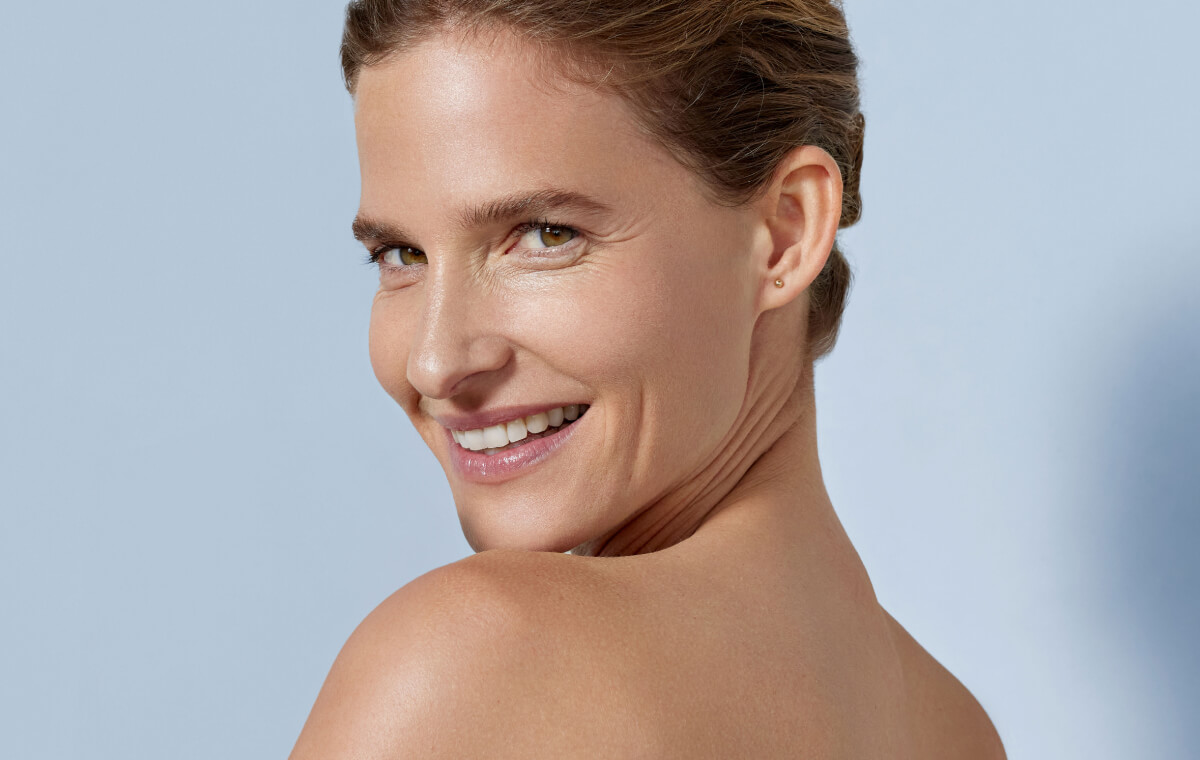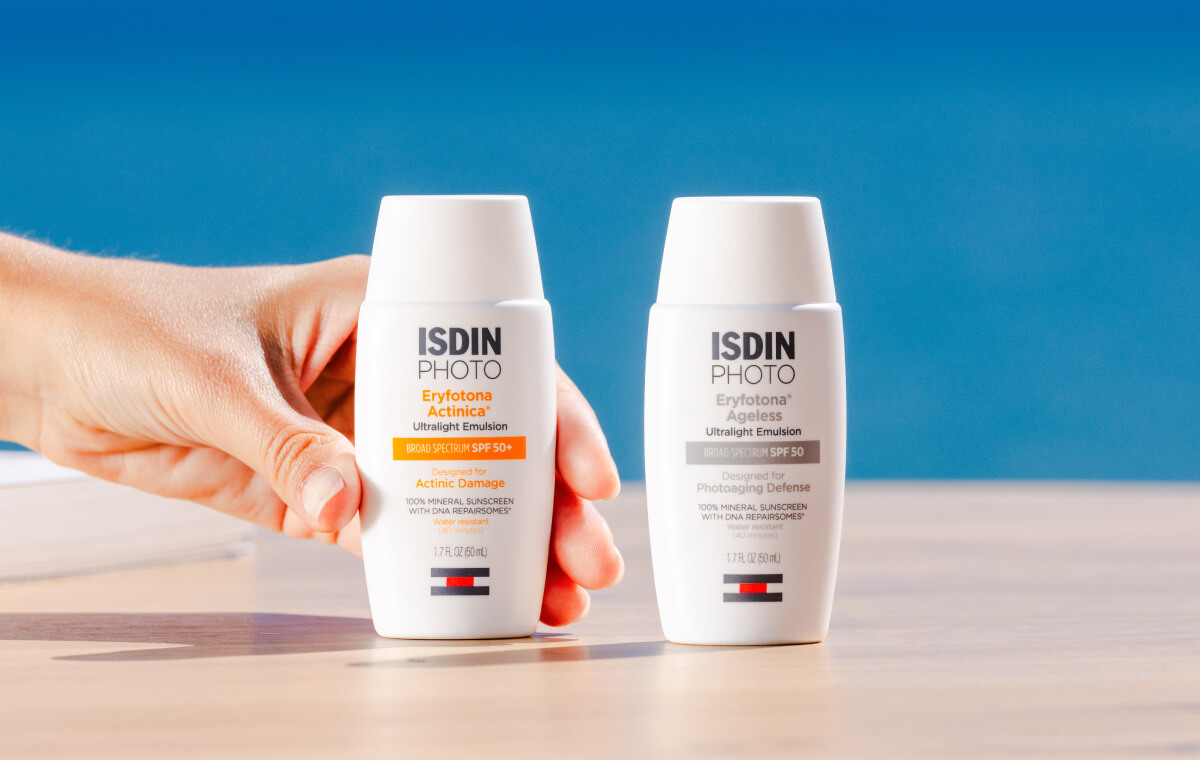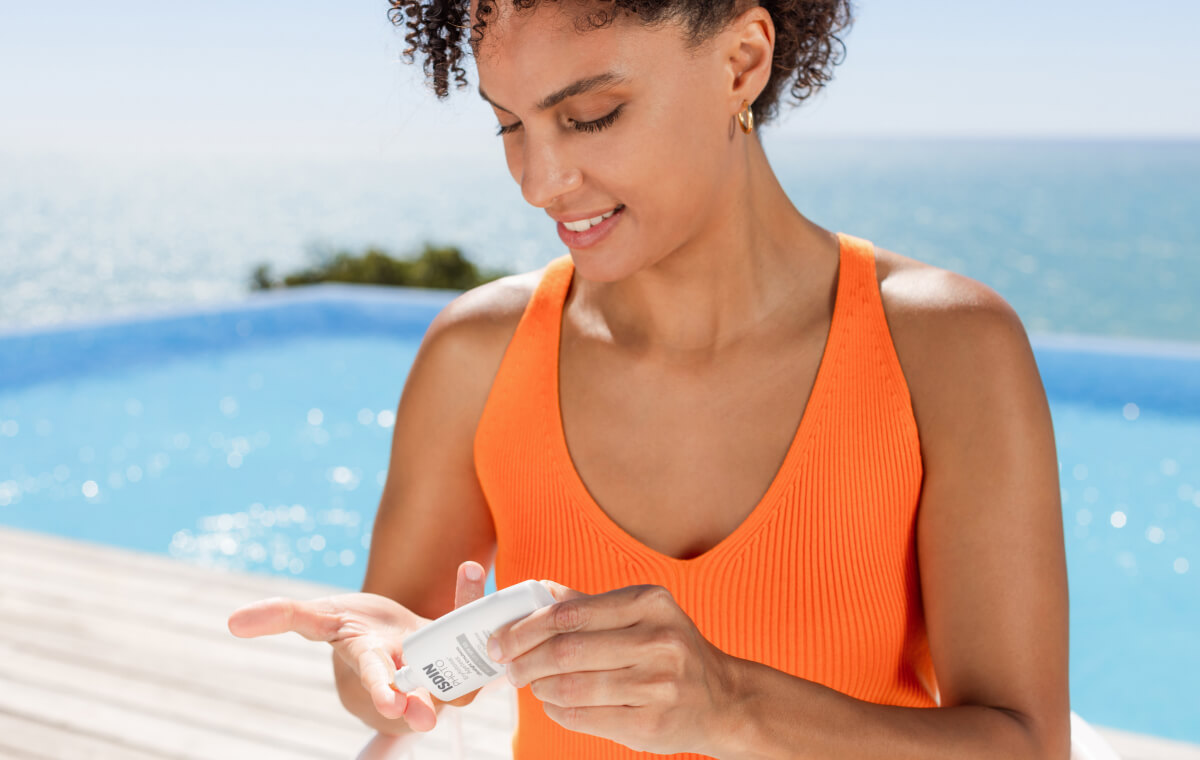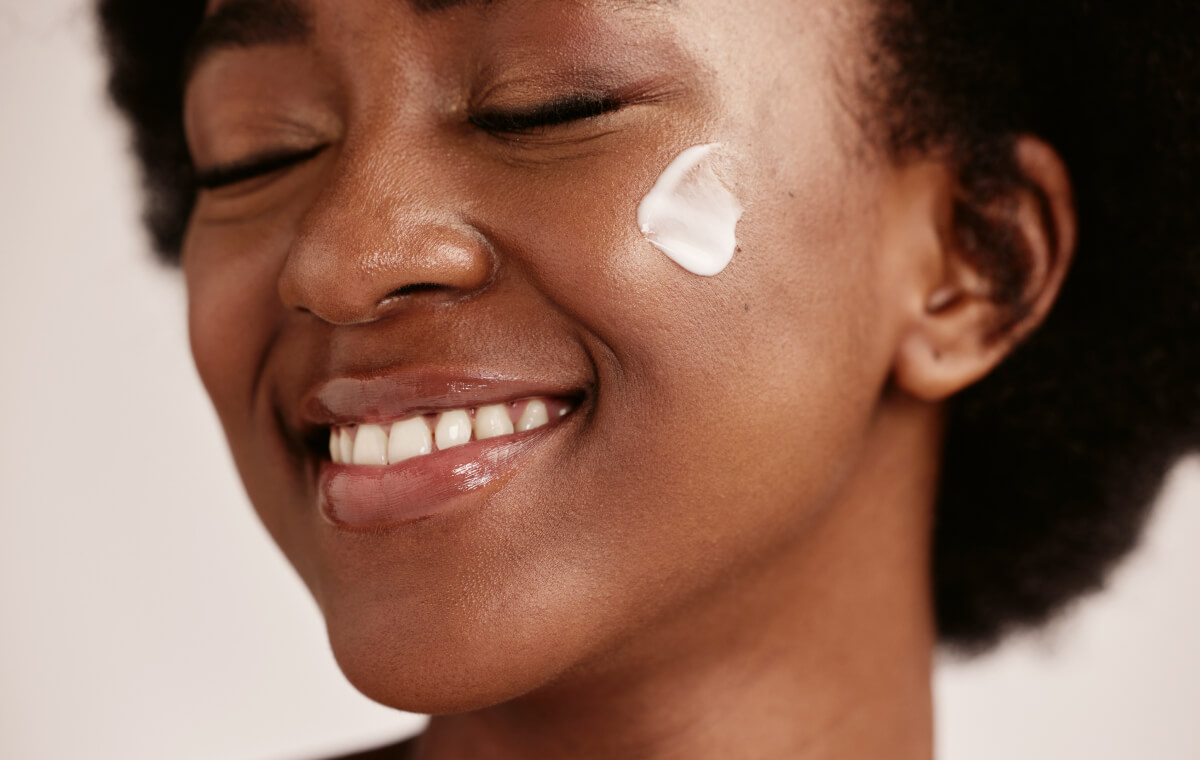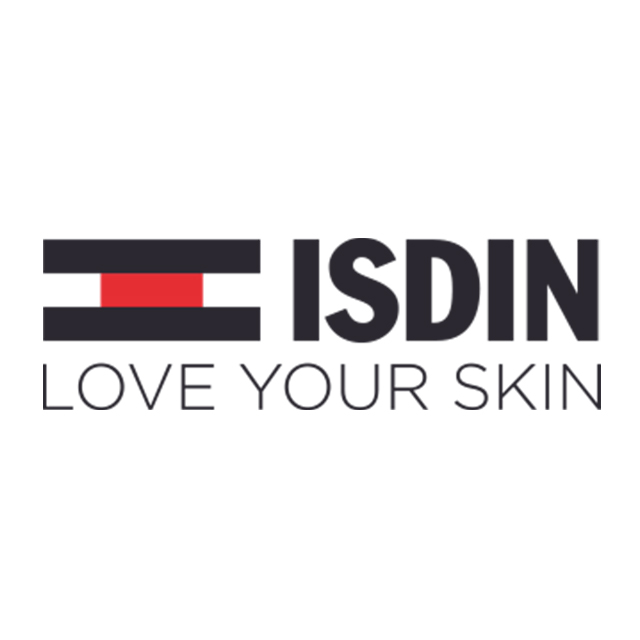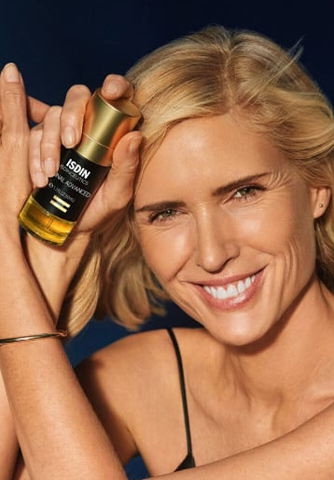You see it on labels everywhere. In the beauty department. In the dietary supplement aisle. Maybe even on a new trendy beverage in the mini-fridge while you’re waiting to check out.
But what is collagen exactly? Where does it come from? And how does it help your skin? We’re answering all of your questions about this ubiquitous ingredient that’s also found naturally in your skin.
Let’s get started.
Table of Contents
What is collagen?
Collagen is the most abundant protein in the body, accounting for 25% of our overall protein content.1 As a fiber-like structure that connects tissues, it’s a major component of bone, cartilage, muscles, tendons, and of course, skin. And there are actually over 28 types of collagen inside each of us.
When it comes to my skin, what is collagen good for?
Thick collagen fibers help make your skin resilient, adding to the firm, supple look of healthy skin. If we think of our skin like a mattress, collagen fibers are the springs. These fibers help make our skin firm and bouncy.
If we think of our skin like a mattress, collagen fibers are the springs.
Where does collagen come from?
Your body naturally makes its own collagen by turning protein from the foods you eat into amino acids. These amino acids build different types of necessary proteins, including all types of collagen.
So, where can you find the collagen within your skin? It’s mainly located in our middle skin layer: the dermis. It makes up part of what’s called the extracellular matrix, containing collagen fibers, elastin fibers, and proteoglycans.
But what about the powders and pills we see on the shelves? Most collagen supplements come from animal sources. Meanwhile, vegan collagen supplements are typically made up of the building blocks or amino acids your body needs to naturally generate collagen.
Factors that affect our skin’s natural collagen levels
Lifestyle factors
Lifestyle factors can damage collagen fibers by reducing their thickness and strength, even causing the appearance of wrinkles. But what kind of factors are we talking about? Collagen production drops most quickly due to excess sun exposure. Pollution, smoking, diet, and lack of sleep, AKA parts of the skin exposome, can also damage collagen’s structure.
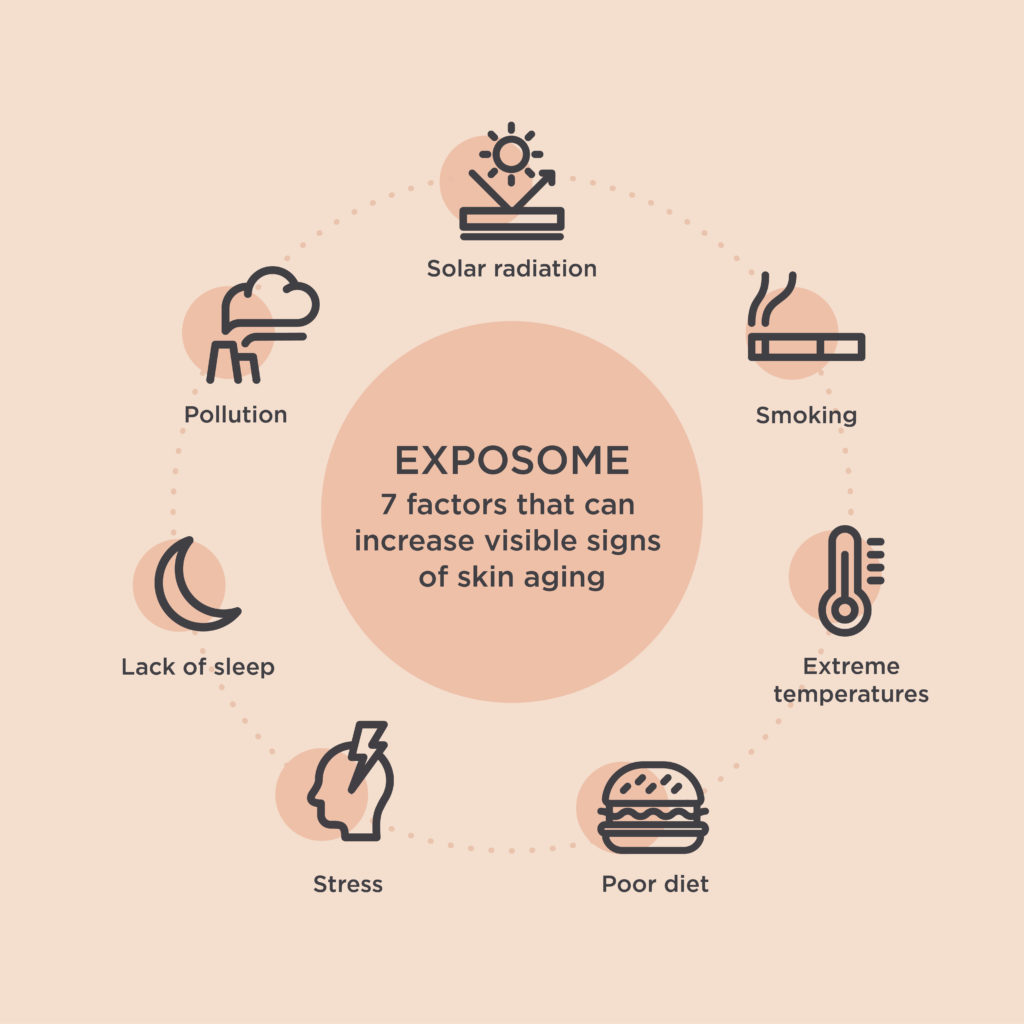
Age
Our bodies gradually make less collagen as we get older. With age, the skin cells responsible for making collagen start to slack off on production. The result? Diminished firmness and thickness of the dermis. A common example — thinning lips. Most volume loss in lips actually comes from collagen breakdown over time.
Hormonal factors
For many of us, hormone changes mean skin changes. Puberty, menopause, and andropause can all affect your skin’s natural collagen production. For example, low estrogen levels common to post-menopause can cause a loss of natural collagen.
How does collagen breakdown happen?
Now we know that collagen levels don’t stay the same throughout our lives. But how does our collagen break down inside of our skin naturally?
As we mentioned, the effect of sun exposure on the skin, or photoaging, is the biggest culprit of collagen breakdown. Studies have shown that decreased collagen production is directly related to sun damage, as well as aging.
Another factor in collagen breakdown? Oxidative stress.2 If our body’s fighting off lots of free radicals from pollution and the like, a process called oxidative stress can be triggered. This produces an increase in enzymes that break down collagen.
Finally, let’s talk about glycation. Glycation is caused by the presence of excess glucose, or sugar, in skin fibers.3 This excess triggers an internal reaction in which sugar molecules adhere to collagen and elastin proteins.
Usually, these proteins work together to help keep skin firm and supple. However, during glycation, these sugars sticking to the proteins form something called advanced glycation end-products (AGEs). Over time, these end-products make collagen stiff and rigid instead of bouncy and resilient. And ultimately, that contributes to skin that’s less firm, less taut, and has visible wrinkles.
Collagen for skin: what’s fact and what’s fiction?
“Skincare products can help my skin maintain its natural collagen levels.”
Depends. Topical collagen can help to moisturize skin, but collagen molecules are actually too big to penetrate the skin. That means that any skincare formulated with collagen can’t claim to affect collagen production or resilience.
On the other hand, what science-backed skincare products can do is help support natural collagen levels and combat glycation. Certain skincare ingredients can act as powerful anti-glycation agents. But, how do they do it? Through a sneaky distraction. The glucose molecules responsible for skin rigidity stick to the ingredient instead of to your precious collagen, reducing the glycation process.
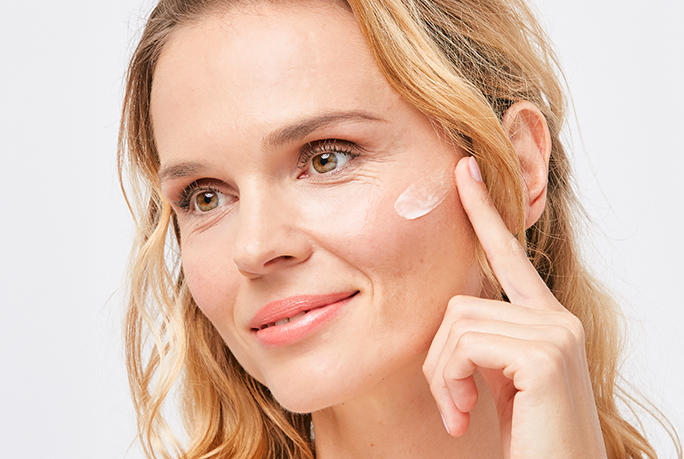
“Taking collagen supplements will make my skin look better.”
Maybe. It seems like influencers everywhere are touting the benefits of ingesting collagen. But, research shows that it actually might be better to take amino acid supplements. Why? These building blocks could help your body naturally generate collagen.
The best way to care for your skin? Always use a broad spectrum sunscreen! This in combination with leading a healthy lifestyle is the best way to support your skin. You can aid natural collagen production by eating a balanced diet of protein, whole grains, fruits, and vegetables. Round out your skincare routine with products that can support collagen to get you closer to your overall goal.
And remember those lifestyle risk factors we mentioned, like smoking and stressing out? Cutting back will likely help out your natural collagen levels more than any supplement.

The final word on collagen
Collagen is a vital protein that our body makes on its own. As an all-around skin hero, it supports a firm, plump look while providing strength and structure. But when it comes to using it as an ingredient in skincare or supplements, you should know the facts first.
Focus on eating a healthy diet, limiting sun exposure, and keeping up with your skincare routine to keep your natural collagen levels happy. Check out our innovative formulas to help keep your skin looking ageless.
References:
SHUSTER, S., BLACK, M.M. and McVITIE, E. (1975), The influence of age and sex on skin thickness, skin collagen and density. British Journal of Dermatology, 93: 639-643. https://doi.org/10.1111/j.1365-2133.1975.tb05113.x Tobin DJ. Introduction to skin aging. J Tissue Viability. 2017 Feb;26(1):37-46. doi: 10.1016/j.jtv.2016.03.002. Epub 2016 Mar 14. PMID: 27020864. Danby FW. Nutrition and aging skin: sugar and glycation. Clin Dermatol. 2010 Jul-Aug;28(4):409-11. doi: 10.1016/j.clindermatol.2010.03.018. PMID: 20620757. Jin Ho Chung, Jin Young Seo, Hai Ryung Choi, Mi Kyung Lee, Choon Shik Youn, Gi-eun Rhie, Kwang Hyun Cho, Kyu Han Kim, Kyung Chan Park, Hee Chul Eun, Modulation of Skin Collagen Metabolism in Aged and Photoaged Human Skin In Vivo, Journal of Investigative Dermatology, Volume 117, Issue 5, 2001, Pages 1218-1224, ISSN 0022-202X, https://doi.org/10.1046/j.0022-202x.2001.01544.x. Griffiths, C., Al., E., Unit, A. A. F. the D., Others, J. S. and, Others, L. L. H. and, Others, S. F. and, S. A. Madhi and Others, Cypess, A. M., & A. Maqsood and L. R. Imel. (1993, December 30). Restoration of collagen formation in photodamaged human skin by tretinoin (retinoic acid): Nejm. New England Journal of Medicine. Retrieved March 3, 2022, from https://www.nejm.org/doi/full/10.1056/NEJM199308193290803 Reilly DM, Lozano J. Skin collagen through the lifestages: importance for skin health and beauty. Plast Aesthet Res 2021;8:2. http://dx.doi.org/10.20517/2347-9264.2020.153 Collagen. The Nutrition Source. (2022, March 2). Retrieved March 3, 2022, from https://www.hsph.harvard.edu/nutritionsource/collagen/ L. R. (1970, January 1). Laure Rittié. Cold Spring Harbor Perspectives in Medicine. Retrieved March 3, 2022, from http://perspectivesinmedicine.cshlp.org/content/5/1/a015370.long Morita A, Torii K, Maeda A, Yamaguchi Y. Molecular basis of tobacco smoke-induced premature skin aging. J Investig Dermatol Symp Proc. 2009 Aug;14(1):53-5. doi: 10.1038/jidsymp.2009.13. PMID: 19675554

